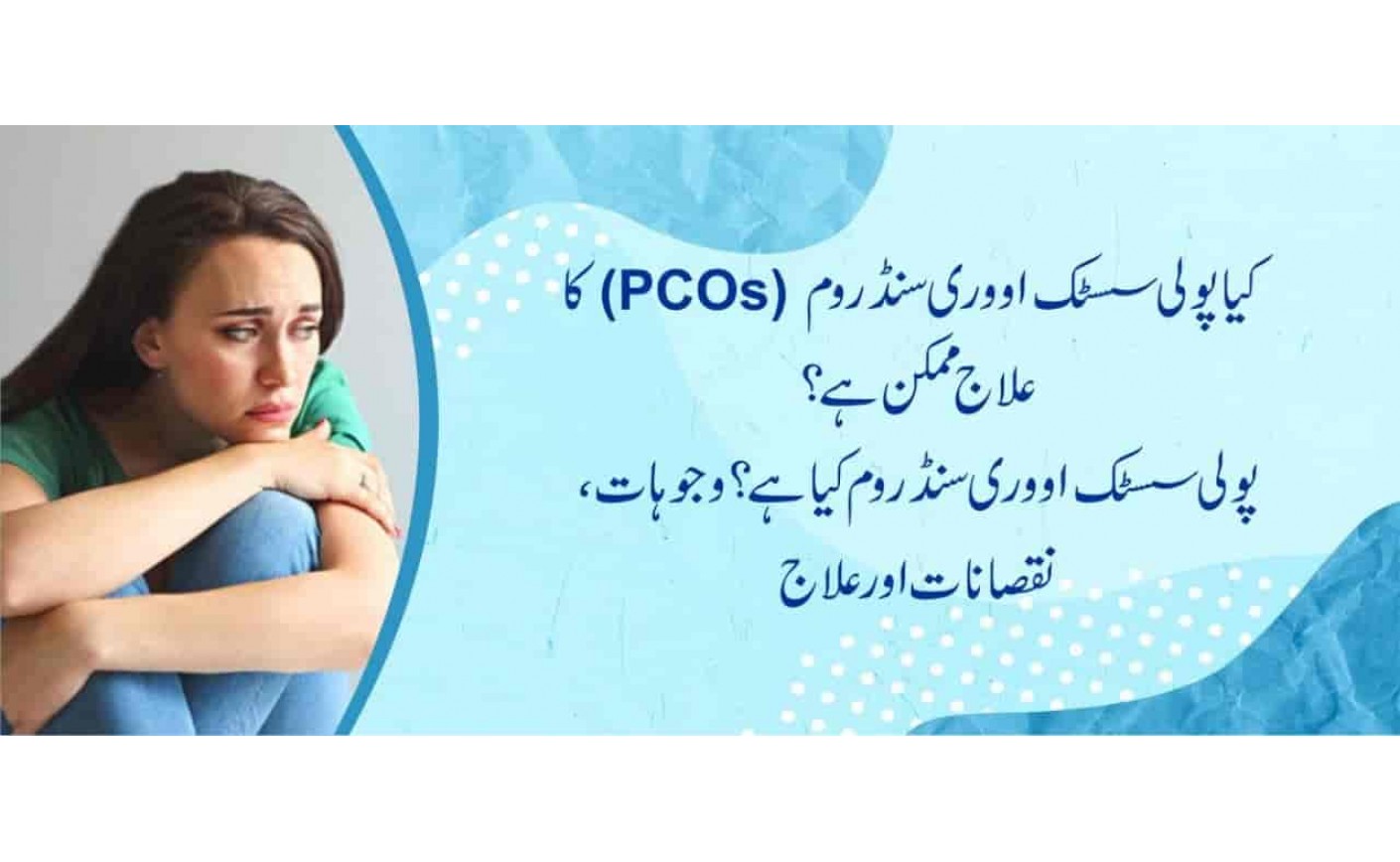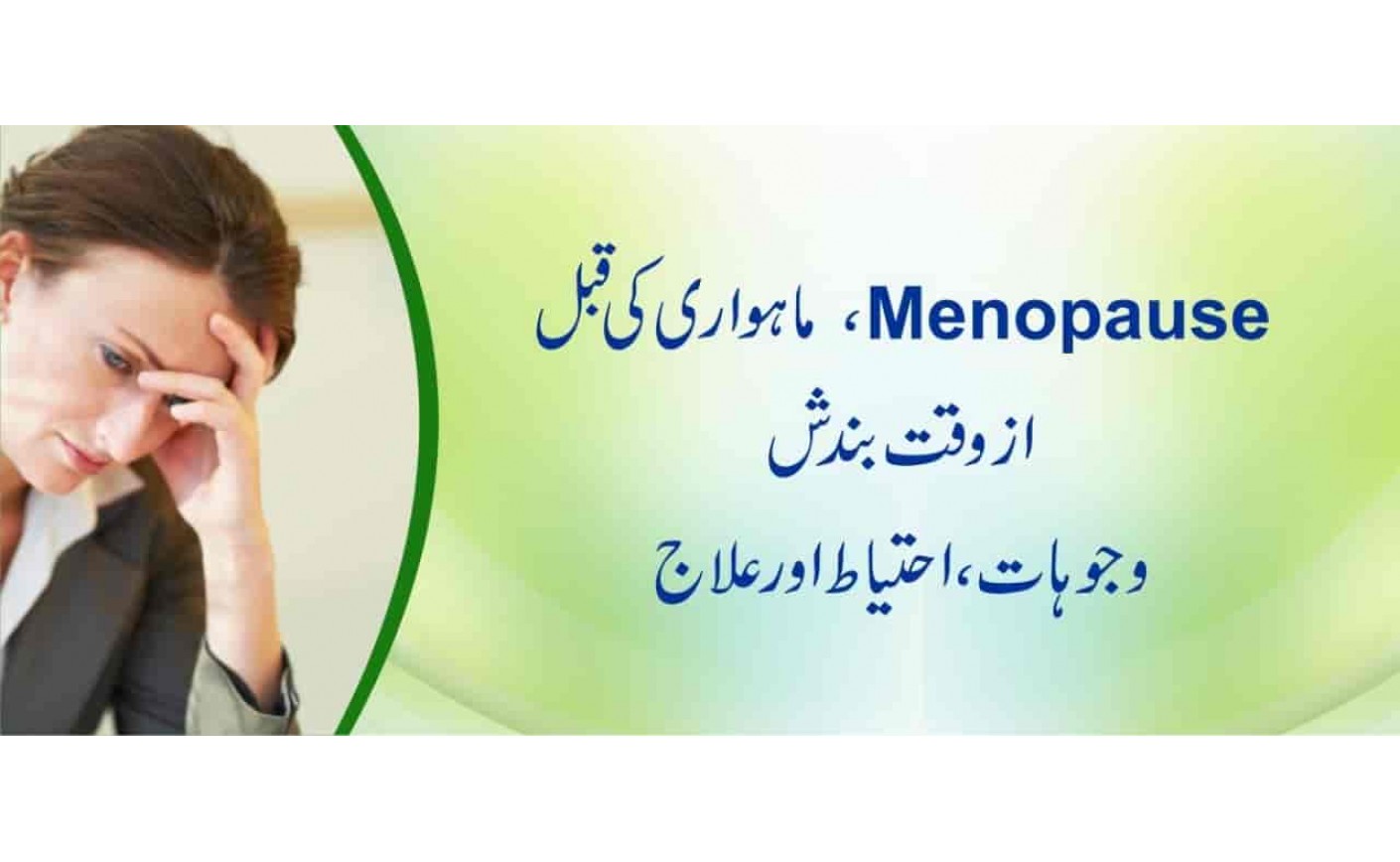Your cart is currently empty!

What is PCOS (Polycystic Ovary Syndrome)?
PCOS stands for “Polycystic Ovary Syndrome”. It is not a disease, it is a pattern of symptoms normally appears together. There is a number of different symptoms and signs that show you have this issue. You may have not all the symptoms at once and few ones at a time.
Polycystic ovaries are most common it means you have an excessive number of undeveloped follicles on your ovaries but you can also have polycystic ovaries and not PCOS.

Is this a Serious Risk?
Yes, and the most stressful part of PCOS is the inability to ovulate and getting pregnant, irregular periods, weight gain, hair loss, unwanted body and facial hairs, and acne.
Polycystic ovary syndrome has serious but almost hidden consequences for health like hypothyroidism, sleep and stomach disorders, depression, anxiety, liver problems, high blood pressure, and lung issues.
There are also long-term health consequences that must be prevented. The most famous of them is the increased risk of developing diabetes, heart disease, some cancers, and brain damage.
Women thought that may these issues will be finished by themselves, especially after menopause but it does not go away by itself, symptoms simply changed but consequences will remain there beyond menopause.
Polycystic ovary syndrome is a systematic, serious, and complex disorder that must be handled actively. It is a disorder that is needed to handle actively by changes in your lifestyle on a long-term basis. You have to adopt certain health and lifestyle practices to minimize the symptoms and consequences of polycystic ovary syndrome. If you will not handle it promptly and will not adopt changes in your lifestyle you will face severe consequences for your health.
Difference between PCOS & Polycystic Ovaries
In polycystic ovaries, there is a series of undeveloped follicles that appears in clumps, somewhat like a bunch of grapes or water balls. It is usually not a big issue and may not affect fertility. In this case, ovaries are larger than normal.
But when cysts cause hormonal issues, a pattern of symptoms appears which is named “syndrome” and this is the difference between polycystic ovaries and PCOS.
So it is possible that you have polycystic ovaries but not PCOS. But almost all the women having PCOS will also have polycystic ovaries with a pattern of other certain symptoms which shows the imbalanced hormones.
Most Common Symptoms
- Acne and oily skin
- Excessive male hormones
- Irregular or absent periods
- Hair loss or thinning of scalp hair
- Ovarian cysts
- Polycystic ovaries are 2 to 5 times larger than healthy ovaries
- Infertility
- Weight gain especially around the middle of the body
- Skin discoloration
- Inability to lose weight
- Higher levels of insulin
- Hirsutism (excessive hair on the face, breasts, insides of legs, and around the nipples)
- Thyroid problem
- Mood swings, including anxiety and depression
- Appetite and sleep disorders
- Increased sensitivity to chronic stress
- Low self-esteem
- Imbalances of hormones

If you face any of the above symptoms must visit your doctor for a further health check for diagnosis.
Causes of PCOS
PCOS is a very complex disorder in which different factors are involved those are interacting with each other so there are no confirmed causes of PCOS. However different factors are involved as given below;
- Poor lifestyle
- Unhealthy diet, use of chicken, fast food
- Genetic predisposition
- High blood levels of insulin
- Excessive production of male hormones
- Environmental pollution (hormonal disrupters)
- Hormonal disorder
- Obesity
- Chronic inflammation
- Food adulteration
- Leptin hormonal resistance
- Diet high in advanced glycation end products (refined carbohydrates)
Natural therapies for PCOS
PCOS is a complex disorder and is not easily handled with drugs such as birth control pills, metformin, anti-androgen, ovulation inducers such as Clomid, or other medicines on the other hand these drugs also have unwanted side effects while the performance of these medicines is not satisfactory.
Avoid every type of drugs because you cannot spend the whole of your life using these drugs so adopt natural therapies along with the conventional treatments as given below;
- Acupuncture
- Take a healthy diet, use organic foods and meats
- Daily exercise
- Nutritional supplements
- Lower the stress of your life
- Adopt positive thinking
- Always be optimistic
- Keep balance in your body clock
Best Herbs for PCOS
Living healthy and curing PCOS is not as easy but it is easy with natural treatments because nature has solutions to every human problem. Herbs take time to finish this issue but it finishes and then your life will run smoothly and happily.
Make herbs a small part of your daily diet and spend a healthy life and also be safe from many other issues along with this one. There are a number of herbs that are best in fighting PCOS like Vitex, Maca Root, and Ashwagandha.
Herbal Treatment for PCOs
If you are suffering from absent periods or heavy periods then use Vitex capsules and maca root for 3 to 4 months.
But if you are also facing leucorrhea with these issues then use vitex, ashwagandha capsules along with spearmint tea.
If your periods and leucorrhea are quite fine then you can use maca root, royal jelly capsules, ovuline capsules in combination or alone with spearmint tea.




